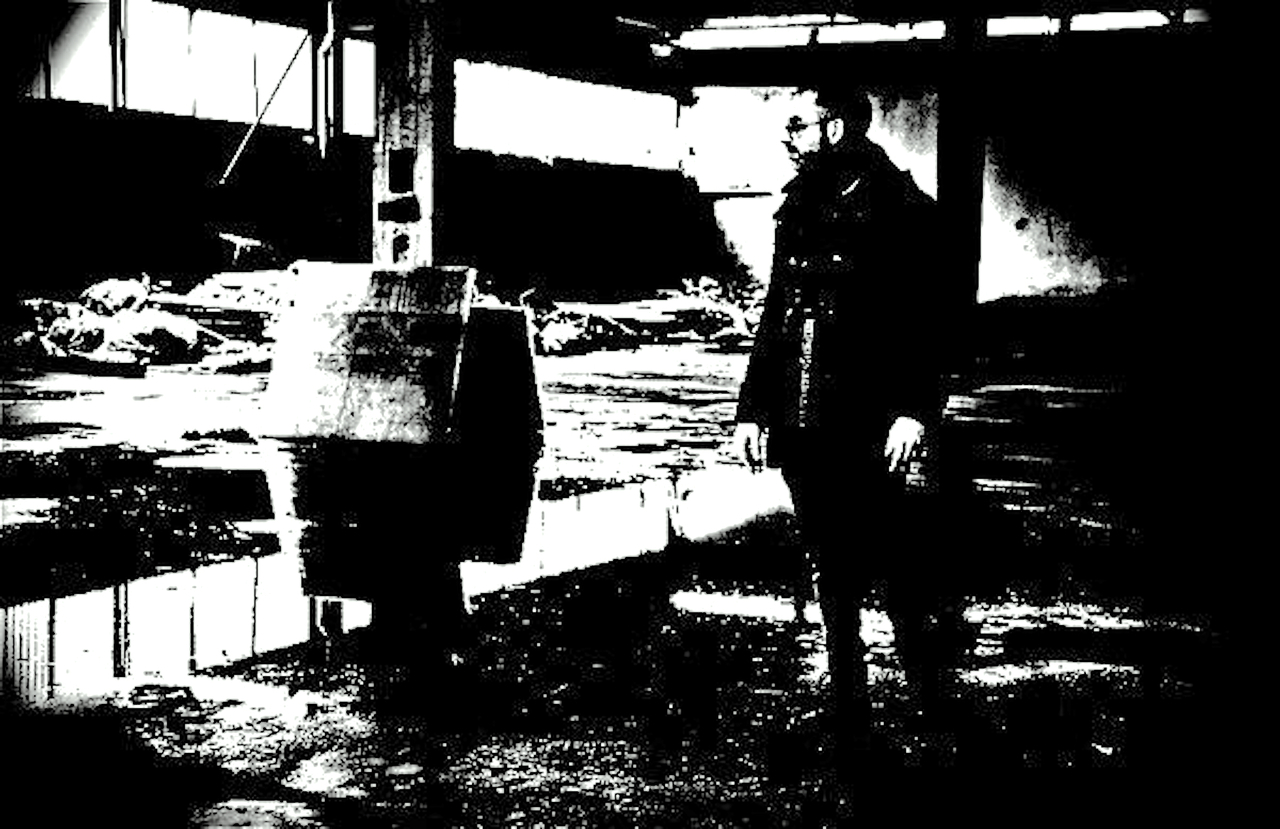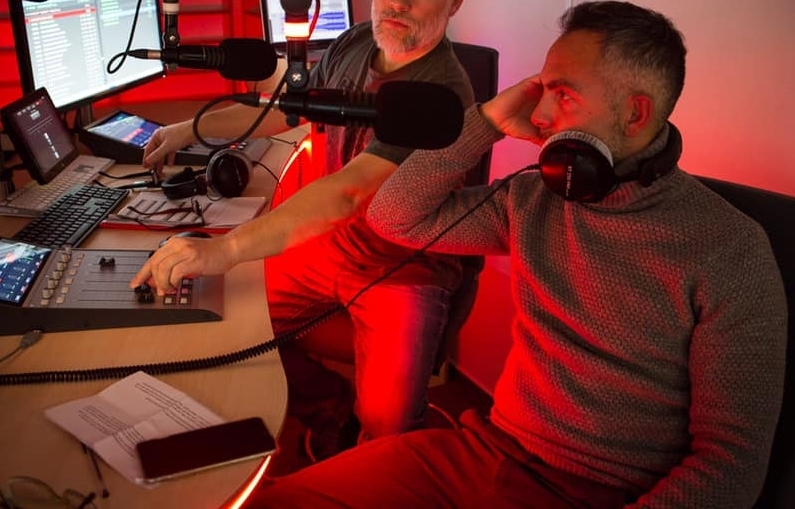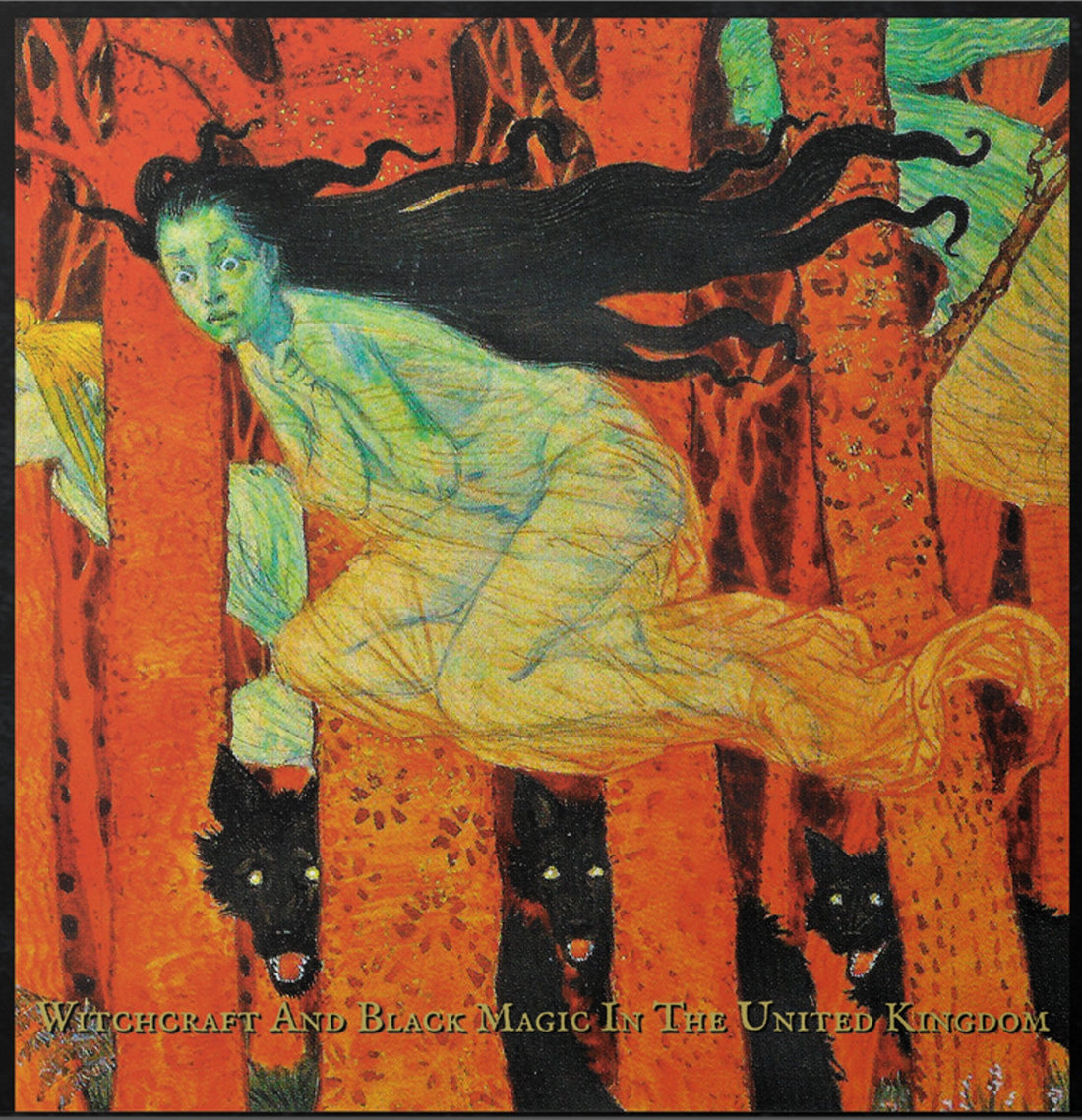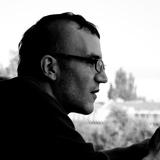Written by:
Edited by:
Share article:
Raffaele focuses on experimental music, whether it is ambient, abstract or drone. He is in a constant search of new sounds from various countries, and more often there were certain distinctive areas in his interest and inner map, such as Iran, Indonesia or Lebanon. He also started V.A. series of compilations (the Sound Mapping) including large areas such as the Balkans, the Middle East or Africa. Also notable in his distinctive catalogue is a compilation dedicated to "Witchcraft & Black Magic In The United Kingdom" (a material which reflects on a practice which dates back to the seventh century) and the catalogue of another new label that Raffaele started in 2019, ZeroK, focused on drone ambient music inspired by sci-fi and scientific documentaries.
Raffaele is also a musician under the Sonologyst moniker, composing his soundscapes with the use of digital methods, as well as turntables, a trumpet, electrified strings instruments and his own voice. His latest album, "Phantoms" (the 15th one since 2013), deals with avant-garde influences, musique concrete and drone ambient. He beautifully describes it as a "dreamlike mental landscape of nonsensical memories, a metamorphic passage from the blackness, the shadows of a lost beauty. Everything frozen in the stillness of phantom recordings".



